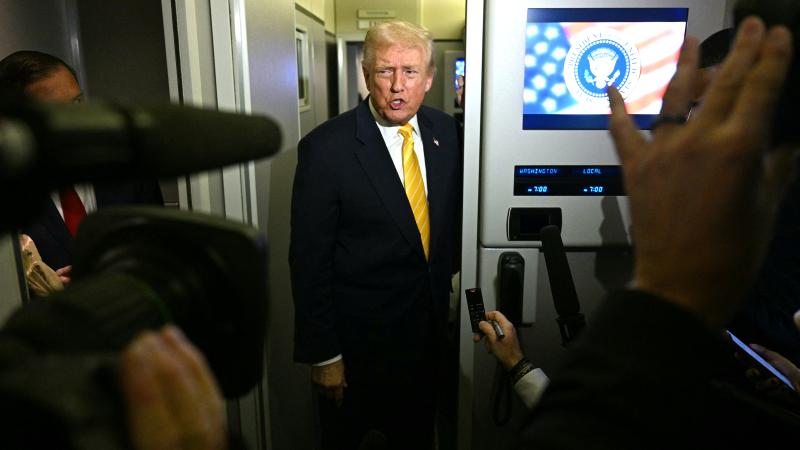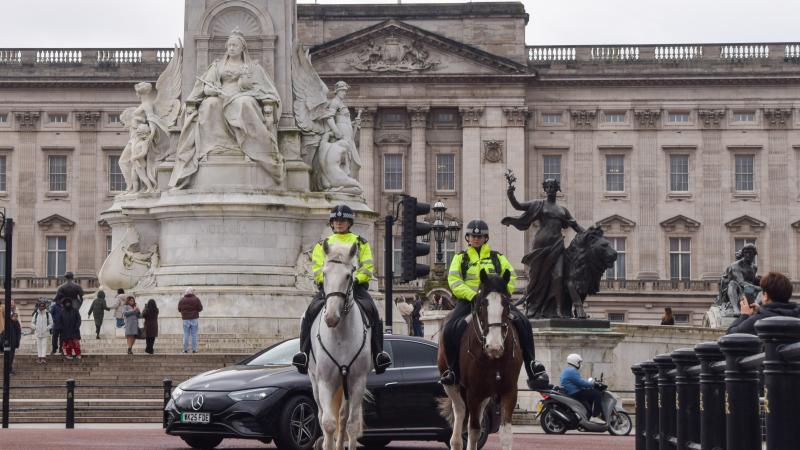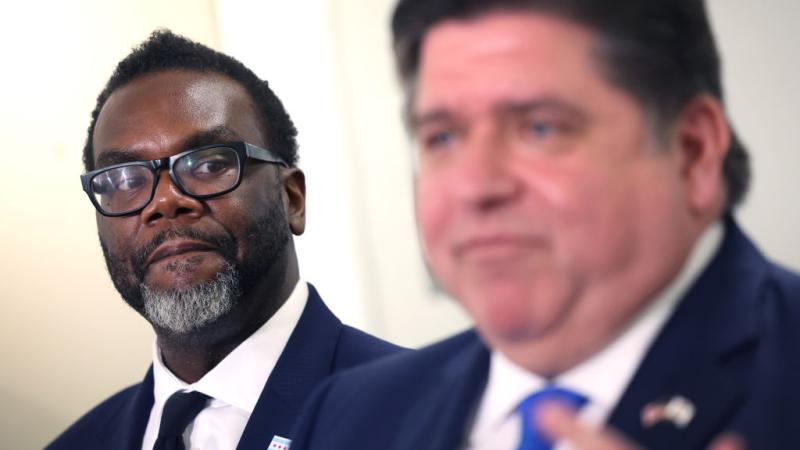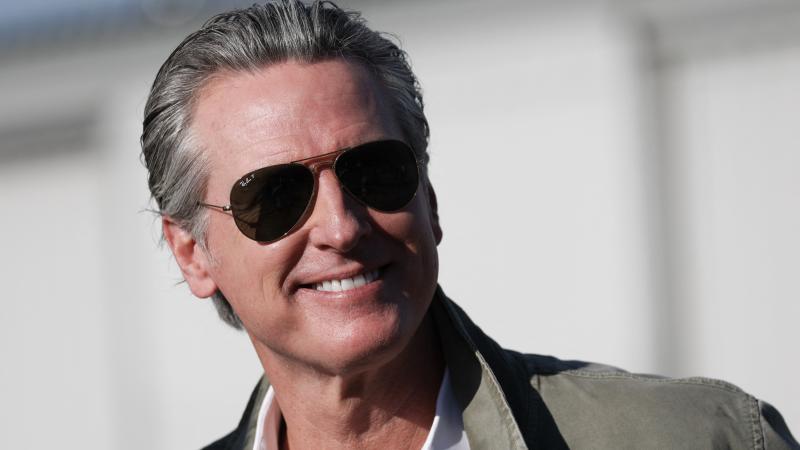In coronavirus crisis, Trump seizes opportunity to end dependence on foreign drugs
Trade advisor Peter Navarro prepares executive order to relocate medical supply chains from overseas, advancing Trump's campaign to lessen foreign dependence.
President Trump is seizing a new opportunity to return manufacturing from overseas, as his team prepares an executive order seeking to break U.S. reliance on foreign drug and medical supplies during the coronavirus outbreak.
“We need to have them buy that from American producers on American soil,” Trump trade advisor Peter Navarro declared Monday as the number of coronavirus cases surpassed 4,200 and worries about medical supplies persisted.
Returning investments from overseas has long been a priority of Trump, dating to his 2016 campaign, and the current pandemic opened the door to framing foreign drugs as a national security and health vulnerability.
Navarro told CNBC the administration will release an executive order to assist U.S. firms in relocating medical supply chains from overseas to the U.S, noting that 70 percent of the ingredients used in advanced pharmaceuticals comes from abroad. Much of that supply chain is based in China.
American healthcare and pharmaceutical companies have struggled to respond to the coronavirus, with some medical providers facing shortages of equipment and drugs.
Navarro suggested federal agencies like Veterans Affairs, Health and Human Services and Defense are heavy consumers of such products.
The administration's argument during the health crisis is similar to that used for decades by the Pentagon and intelligence community, which insist critical supplies be made inside the United States or by allies.
White House economic advisor Larry Kudlow told reporters that one policy idea under consideration to speed the repatriation of the medical supply chain is a 100 percent immediate tax write off of expenses like structures, equipment, R&D and intellectual property.
“That would pay for the moving expenses of American companies based in China,” Kudlow said. “Right there, that would pay for their moving expenses.”
Kudlow acknowledged this was not a formal plan. “I'm tossing it out as something we're thinking about. I'm not here to form – the president hasn’t signed off on it. It’s something worth thinking about.”
Economic experts previously told Just the News that the bipartisan United States-Mexico-Canada Agreement (USMCA), signed by Trump in December, should help alleviate trade reliance on China by bringing additional trade closer to home.
The administration did not respond Monday to requests from Just the News about whether increased supply chain reliance on Mexico could face disruption in light of increased drug cartel violence.
American Enterprise Institute scholar and China expert Derek Scissors said "producing more pharmaceutical products domestically is a must. There are going to be costs to doing this, in part because we have few good choices to replace the Chinese component of supply chains. But USMCA is a start."















